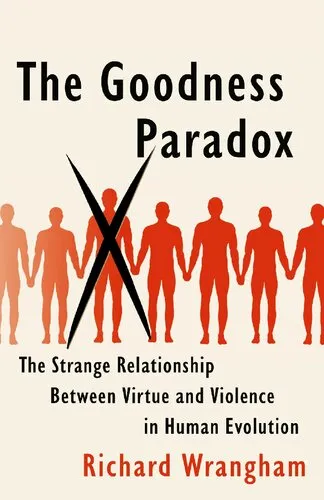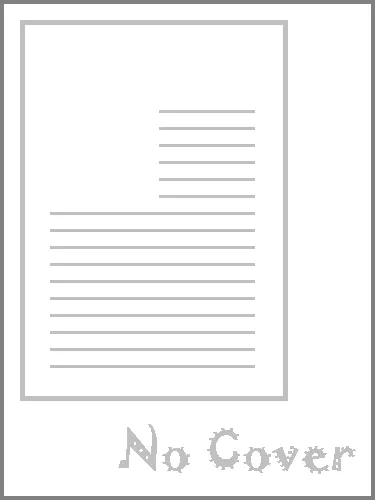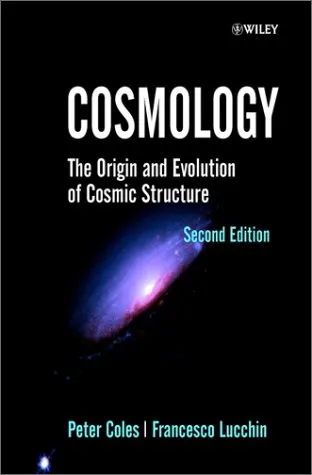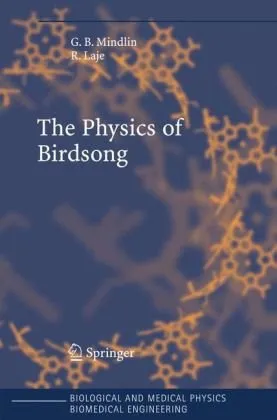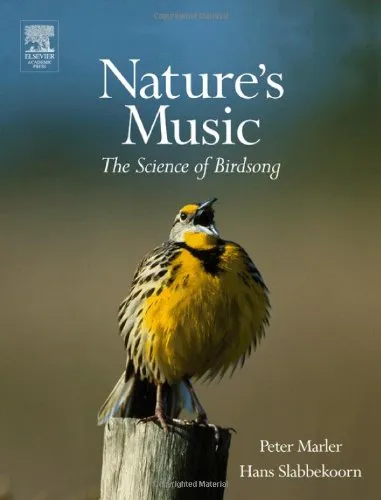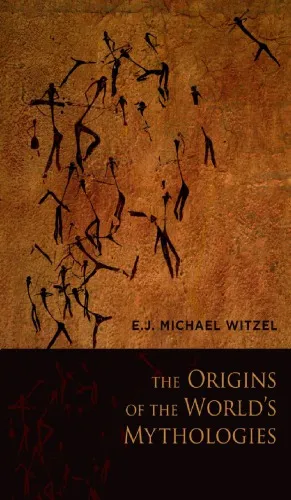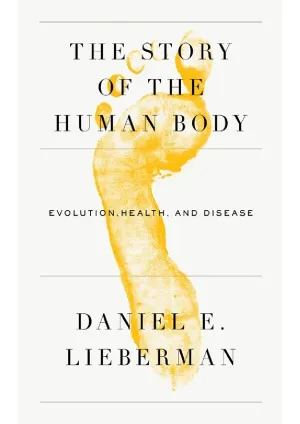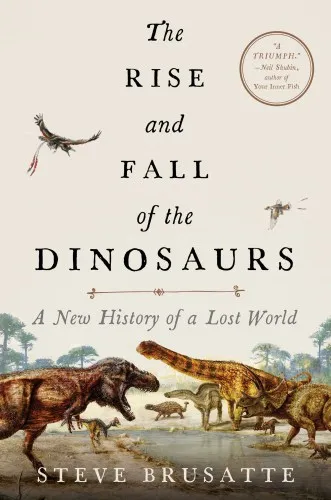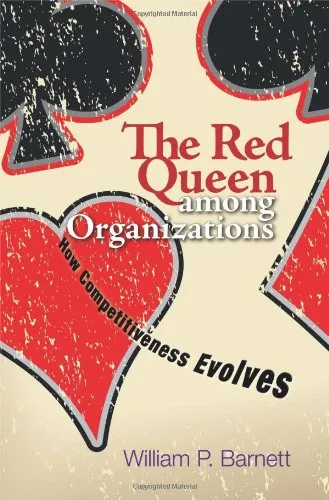The Goodness Paradox: The Strange Relationship Between Virtue and Violence in Human Evolution
5.0
بر اساس نظر کاربران

شما میتونید سوالاتتون در باره کتاب رو از هوش مصنوعیش بعد از ورود بپرسید
هر دانلود یا پرسش از هوش مصنوعی 2 امتیاز لازم دارد، برای بدست آوردن امتیاز رایگان، به صفحه ی راهنمای امتیازات سر بزنید و یک سری کار ارزشمند انجام بدینکتاب های مرتبط:
خلاصه تحلیلی کتاب
کتاب The Goodness Paradox: The Strange Relationship Between Virtue and Violence in Human Evolution حاصل سالها پژوهش میدانی و نظری درباره دوگانگی شگفتانگیز در طبیعت انسانی است: چگونه گونهای که توانسته الگوهای شگرفی از همکاری، همدلی و زندگی اجتماعی صلحآمیز بسازد، در عین حال ظرفیت شدید و سازمانیافتهای برای خشونت دارد. این کتاب با اتکا به دادههای انسانشناسی رفتاری، باستانشناسی، و زیستشناسی تکاملی، نشان میدهد که فرایندهای انتخاب طبیعی نهتنها ویژگیهای جسمانی، بلکه الگوهای رفتاری ما را نیز شکل دادهاند.
من در این اثر نشان میدهم که خشونت در انسان به دو گونه اصلی تقسیم میشود: خشونت واکنشی که اغلب آنی و ناشی از هیجانهای لحظهای است، و خشونت پیشدستانه یا برنامهریزیشده که با طرح، هماهنگی و اهداف خاص همراه است. دادههای میدانی بر روی جوامع شکارچی-گردآورنده و مشاهده زندگی شامپانزهها و بونوبوها، چارچوبی را برای تحلیل این تفاوت بنیادین فراهم میکند. در این تحلیل، انسان مدرن نسبت به نیاکانش در مهار خشونت واکنشی پیشرفت داشته، اما تواناییاش برای خشونت سازمانیافته حتی پیچیدهتر شده است.
این کتاب با بهرهگیری از رویکرد بینرشتهای، به پیوند میان تغییرات زیستی و دگرگونیهای فرهنگی میپردازد. هدف اصلی آن فهم چرایی و چگونگی شکلگیری جامعههای انسانی است که از یک سو مملو از همکاری، قوانین اخلاقی و ساختارهای عدالتمحور هستند و از سوی دیگر جنگها، مجازاتهای سخت و تبعیض را حفظ کردهاند.
نکات کلیدی و کاربردی
یکی از نکات محوری کتاب، تمایز میان اشکال مختلف خشونت و درک تاثیرات انتخاب طبیعی بر مهار آنهاست. این دیدگاه کمک میکند تا سازمانها، نظامهای آموزشی و ساختارهای حکومتی، راهبردهایی برای کاهش خشونت واکنشی طراحی کنند و در عین حال خطرات خشونت سازمانیافته را بشناسند.
در این اثر، اهمیت «خوداهلیسازی» (Self-domestication) گونه انسانی بهعنوان موتور تکامل رفتارهای اجتماعی صلحآمیز برجسته شده است. این فرایند با گزینش افرادی که تمایل کمتری به پرخاشگری واکنشی داشتهاند، موجب پیدایش ویژگیهای اجتماعی پیچیده و مبتنی بر اعتماد گردیده است.
این کتاب همچنین ابزار تحلیلی ارزشمندی برای پژوهشگران علوم اجتماعی، روانشناسی تکاملی و حتی سیاستگذاران فراهم میکند تا در توسعه برنامههای پیشگیری از خشونت، بر اساس دادههای علمی و شناخت دقیق ریشههای زیستی-فرهنگی آن عمل کنند.
نقلقولهای ماندگار
برخی از جملات کتاب، عصاره فکری را در چند کلمه منتقل میکنند و دریچهای برای بازنگری در باورهای ما نسبت به اخلاق، خشونت و تکامل انسانی میگشایند.
ما حیوانی هستیم که یاد گرفتهایم خشم خود را کنترل کنیم، اما هنوز هم در طراحى مرگبارترین حملات استادیم. نامشخص
مهارت ما در همکاری، همان نیرویی است که توانسته هم به صلح و هم به جنگ قدرت ببخشد. نامشخص
چرا این کتاب اهمیت دارد
اهمیت این کتاب در پیوند زدن دیدگاههای زیستشناسی تکاملی با پرسشهای اخلاقی و اجتماعی درباره خشونت و فضیلت است. با توجه به نقش کلیدی خشونت سازمانیافته در تاریخ بشر، فهم زیربنای آن برای سیاستگذاری، آموزش و حتی روابط بینالملل اهمیت حیاتی دارد.
همچنین این اثر با تاکید بر قابلیتهای تحولپذیری در رفتار انسانی، امید به دستیابی به جوامعی با سطح خشونت کمتر را تقویت میکند. این پیام نهتنها برای پژوهش
Analytical Summary
The Goodness Paradox: The Strange Relationship Between Virtue and Violence in Human Evolution is a thought-provoking exploration into one of humanity’s most puzzling traits: our simultaneous capacity for extraordinary kindness and startling aggression. Written by Richard Wrangham, a renowned biological anthropologist, this work examines the evolutionary roots of moral behavior alongside the darker impulses that have shaped our species. By synthesizing findings from primatology, anthropology, and evolutionary biology, Wrangham offers a unique lens for understanding the paradox of human nature.
Through meticulous analysis of both archaeological evidence and observed primate interactions, the book unpacks how self-domestication—our species’ gradual reduction in reactive aggression—has coexisted with the development of organized, proactive violence. The author scrutinizes the behavioral differences between humans and our closest relatives, such as chimpanzees and bonobos, to illuminate why we act with compassion in certain contexts and brutality in others. His narrative intertwines scientific rigor and compelling insights, inviting serious readers, academics, and professionals to grapple with the complexity of human social evolution.
This analytical journey stretches from prehistoric times to modern society, connecting the dots between ancient survival strategies and contemporary social structures. Wrangham’s balanced approach avoids simplistic moral judgments, instead focusing on how adaptive behaviors—both gentle and violent—were shaped by environmental pressures and group dynamics. The result is a nuanced account of how virtue and violence have not only coexisted but actively influenced the trajectory of our evolution.
Key Takeaways
Readers will leave The Goodness Paradox with a deeper understanding of the interplay between our evolved capacity for peace and our strategic use of aggression. The work delivers grounded observations that resonate across disciplines, from psychology to political science.
One key insight is that human self-domestication has reduced impulsive aggression over millennia, paving the way for more cooperative societies. Another is that proactive aggression—planned and coordinated violence—has remained a persistent force in shaping hierarchies, resource distribution, and cultural norms. Wrangham grounds these arguments in cross-species comparisons, demonstrating how our evolutionary trajectory differs from other primates.
By appreciating these dynamics, readers can better contextualize modern conflicts and governance systems as part of a long behavioral continuum. Understanding the paradox of virtue and violence is not merely academic—it informs policy-making, community building, and our own interpersonal relationships.
Memorable Quotes
The Goodness Paradox offers numerous striking observations that encapsulate its core arguments. These selected quotes highlight themes central to our dual capacity for kindness and violence.
"Humans have become domesticated in their capacity for aggression, yet remain unrivaled in their ability to organize violence."Unknown
"Self-domestication may be the invisible hand that steers both our empathy and our wars."Unknown
"We are paradoxical creatures—mild in day-to-day interactions, formidable in collective conflict."Unknown
Why This Book Matters
In a world grappling with violence and striving for global cooperation, The Goodness Paradox stands as a crucial work for understanding human nature and fostering a more peaceful future.
For academics, policy makers, and professionals in conflict resolution, Wrangham’s insights provide tools to trace current societal challenges back to their evolutionary origins. His arguments clarify why solutions must account for both our cooperative instincts and potential for calculated aggression. This book serves as a bridge between disciplines, encouraging conversations that cut across anthropology, sociology, and ethics.
Moreover, by situating virtue and violence within a single evolutionary framework, Wrangham invites readers to reconsider fundamental assumptions about morality, governance, and human capacity for change. Information that could contextualize publication year or awards is unavailable due to the absence of reliable public sources at the moment.
Inspiring Conclusion
The Goodness Paradox: The Strange Relationship Between Virtue and Violence in Human Evolution challenges us not only to recognize our dual nature but to engage with it thoughtfully.
Wrangham’s exploration is a compelling invitation to delve deeper into the evolutionary currents that shape our societies, urging readers to learn, share, and debate these ideas. By embracing both our capacity for virtue and our predisposition toward violence, we can better chart paths toward peaceful coexistence—without ignoring the complex realities of our biology. This book is a must-read for those committed to fostering understanding and driving positive social change. Engage with its insights, discuss them in your circles, and let this awareness shape constructive dialogue for the future.
دانلود رایگان مستقیم
شما میتونید سوالاتتون در باره کتاب رو از هوش مصنوعیش بعد از ورود بپرسید
دسترسی به کتابها از طریق پلتفرمهای قانونی و کتابخانههای عمومی نه تنها از حقوق نویسندگان و ناشران حمایت میکند، بلکه به پایداری فرهنگ کتابخوانی نیز کمک میرساند. پیش از دانلود، لحظهای به بررسی این گزینهها فکر کنید.
این کتاب رو در پلتفرم های دیگه ببینید
WorldCat به شما کمک میکنه تا کتاب ها رو در کتابخانه های سراسر دنیا پیدا کنید
امتیازها، نظرات تخصصی و صحبت ها درباره کتاب را در Goodreads ببینید
کتابهای کمیاب یا دست دوم را در AbeBooks پیدا کنید و بخرید
1315
بازدید5.0
امتیاز0
نظر98%
رضایتنظرات:
5.0
بر اساس 0 نظر کاربران
Questions & Answers
Ask questions about this book or help others by answering
No questions yet. Be the first to ask!
